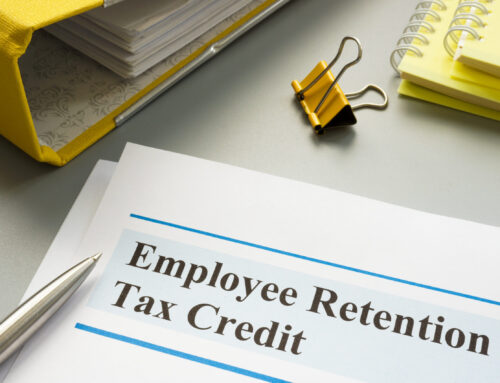Thinking of Converting Your Home to a Rental?
Better Read this First
Article Highlights:
• Home Gain Exclusion
• Converting Homes that Have Declined in Value
• Converted Basis
• Passive Loss Limitations
If you are considering converting your home to a rental, there are a number of tax issues you need to consider before making a final decision.
One of the first issues to consider is that by converting your main home to a rental, you may be giving up an opportunity to realize tax-free income. Currently, taxpayers are allowed to exclude $250,000 ($500,000 for married taxpayers filing jointly) of home gain when they sell a home if they owned and occupied the home as a primary residence two of the five years prior to the sale. Once converted, the property is no longer your primary residence, and if you sell it more than three years after the conversion, any gain would no longer qualify for the home gain exclusion and would be fully taxable. Additionally, renting out part or all of the property would mean changing the insurance policy from the current plan to homeowners insurance for rental property. Many insurance brokers do provide services for this, but it is something to keep in mind. While you’re in discussion with your potential insurer, it’s worth mentioning property management companies like Meritco Property Management, if you’re planning on using one, and seeing whether they’ll allow for any discount based on this – if the property is being managed professionally by a third party, there may be less risk.
Not all homes will have appreciated in value, and in some cases, as we’ve seen over the last few years, some homes may have declined in value from the time they were purchased. If a primary residence is sold at a loss, that loss is not deductible for tax purposes because losses are never allowed for personal use property.
Some homeowners have the mistaken belief that if they convert their home that has declined in value to rental use, they can then deduct a loss when they sell the property, which is not the case.
When a residence or other nonbusiness property is converted from personal use to business use, such as a rental, it needs to be appraised by a certified real estate appraiser, and that appraised value is the value (basis) from which a loss is determined when the property is subsequently sold. In other words, any loss attributable to the period it was a personal use property is not allowed. It can be a difficult process to switch your home in to a rental property. Although, it can be made easier with help from companies who can rent your home out on your behalf. If you’re interested in this, you could always look into whether you should hire someone to manage my rental property. This could make the process of being a landlord much easier for you by allowing someone else to sort the issues out for you.
However, for purposes of computing gain, the value (basis) from which gain is measured is the original cost of the home plus improvements less any depreciation claimed.
If your decision is to convert the home to a rental, the rental period begins when you actually make the home available for rent, which is generally the date you advertise the property For rent. From this point on the depreciation, mortgage interest, property taxes, other taxes, utilities, repairs, advertising and other expenses are reported along with rental income on Schedule E of the 1040.
Rentals are considered passive activities, and generally losses from passive activities can only offset gains from passive activities. However, there is a special rule that allows up to $25,000 of losses from rental real estate activities to be deductible annually. However, that special loss allowance phases out ratably for taxpayers with AGIs between $100,000 and $150,000, and once the top of the phaseout range is reached, no loss is allowed. However, in this case, the loss that can’t be deducted can be carried over to future years. That carryover may not do much good year by year for someone whose AGI is consistently over the top of the phaseout range, until the year the property is sold and the suspended losses are released and can be deducted.
For more details related to converting your home to rental use and applying the rules to your specific situation, please give this office a call.







